 A Paris chalkboard menu – appearances can be deceiving! (Daxis)
A Paris chalkboard menu – appearances can be deceiving! (Daxis)
Years into my love affair with Paris, I’m still making ridiculous rookie mistakes. I suppose it’s time to accept that France will always have the upper hand, but it still stings.
My most recent humiliation is horse-related. Or at least, I thought it was.
Please note that I was a horse-obsessed child, so equine-related topics are particularly touchy for me. As a child, I would sometimes dress in riding garb for no reason at all. And while I was waiting for my parents to break down and buy me a real horse (never happened), I would drag garbage cans into the backyard and ride them, periodically switching from one member of the “herd” to the next. On any given afternoon, people in the house could gaze out and see me whipping a particularly stubborn garbage can with my riding crop.
 Steak à Cheval (L. Richarz)
Steak à Cheval (L. Richarz)
So when I first moved to Paris and started noticing “steak à cheval” on menus around town, I was wary. I knew there was a historical precedent of eating horse meat in France, but it seemed quite inhumane in this day and age. Nonetheless, I assumed it was some kind of trendy gastronomic revival, and who was I to question the local gourmands? So I kept my mouth shut and simply avoided the dreaded horse steak when confronted with it.
Recently, I was visiting my boyfriend’s family in Brazil. One night, we sat down to dinner and I was presented with a traditional dish called bife a cavalo (in Portuguese), which translates to “horse-riding steak” or “steak à la horse.”
“Horse?” I asked, panic rapidly setting in.
“No, it’s like steak à cheval in France,” G explained.
“Sooo….. horse?” I wondered again.
It was at this point that I realized I’d been operating under a serious misapprehension, and it took the collision of three cultures for the truth to surface.
 Tyrolian Andy
Tyrolian Andy
No wonder the French had seemed so lax about all that presumed “horse-eating”—they weren’t eating horse at all. It turns out that steak à cheval (or bife a cavalo) is merely a cut of beef with a fried egg on top. It turns out the French aren’t as barbaric as I thought! And it turns out I’m kind of an idiot.
I shudder to think what other misconceptions I’ve been carrying around all this time, but I have a feeling the truth will win out. Paris will see to that.
Related Links:
- Mark Bittman has his ideas about the best steaks in Paris
- Looking for non-steak options in Paris? Check out David Lebovitz’s handy guide (and the useful links below!)
Written by Tory Hoen for the HiP Paris Blog. Looking for a fabulous vacation rental in Paris, Provence, or Tuscany? Check out Haven in Paris.
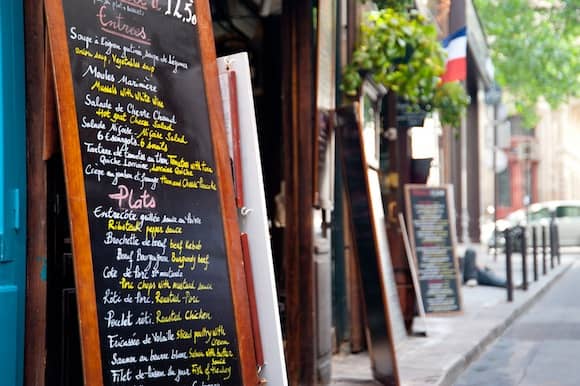
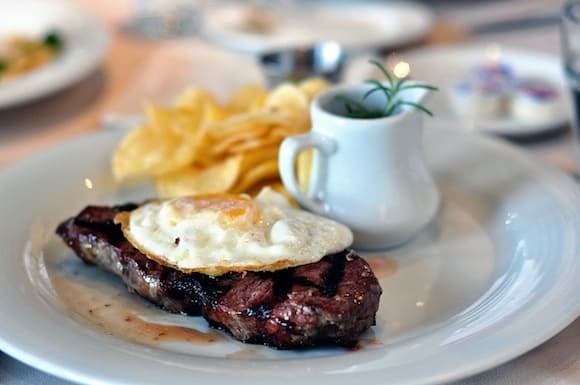
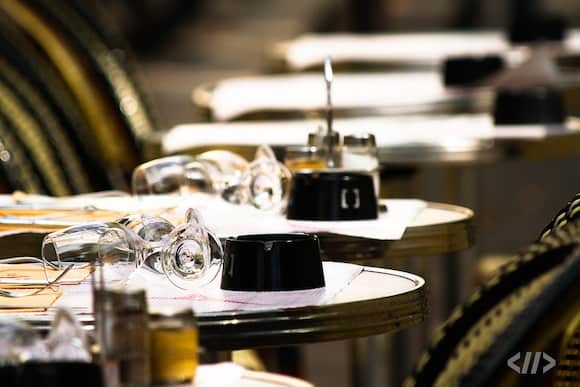


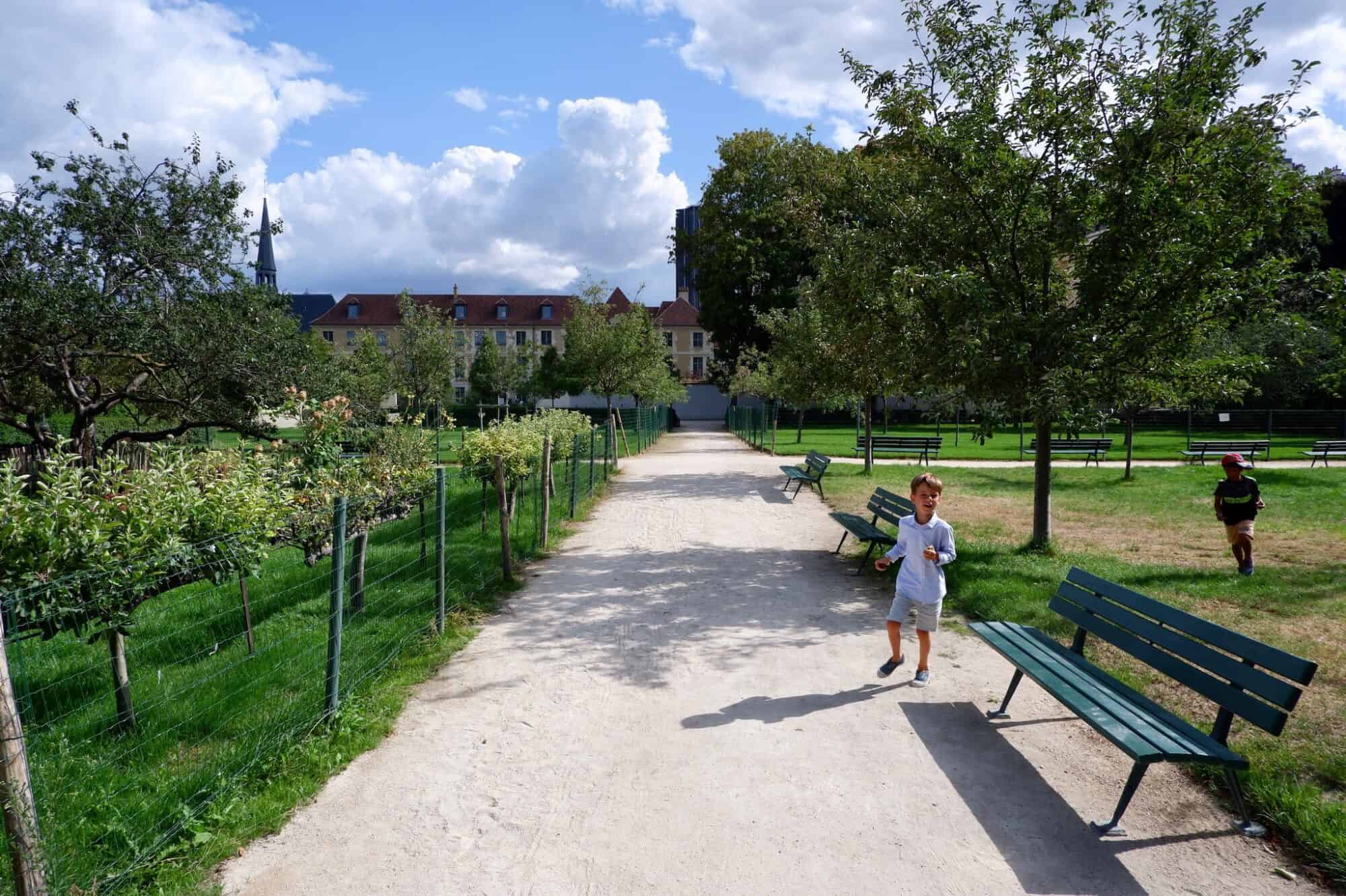






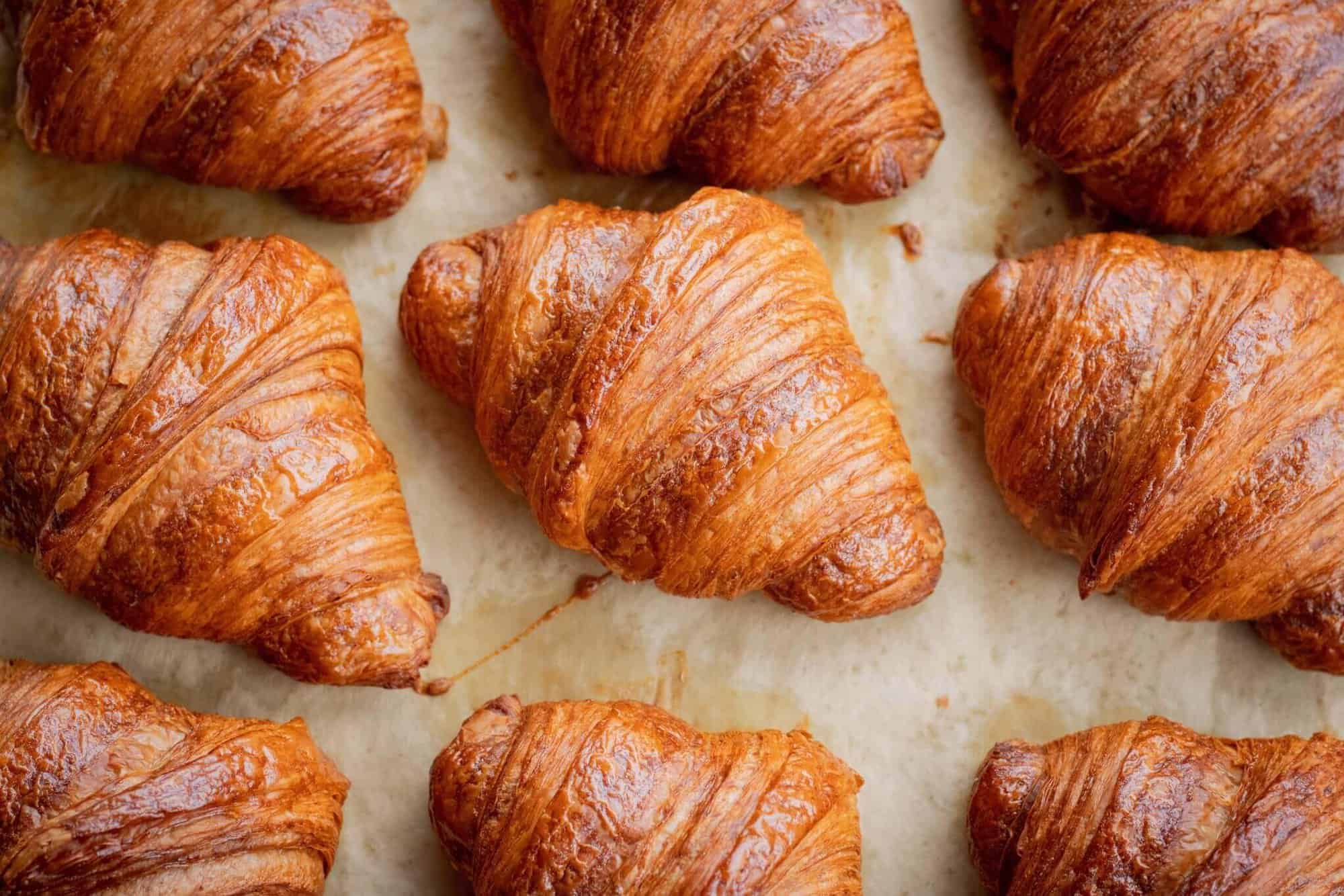
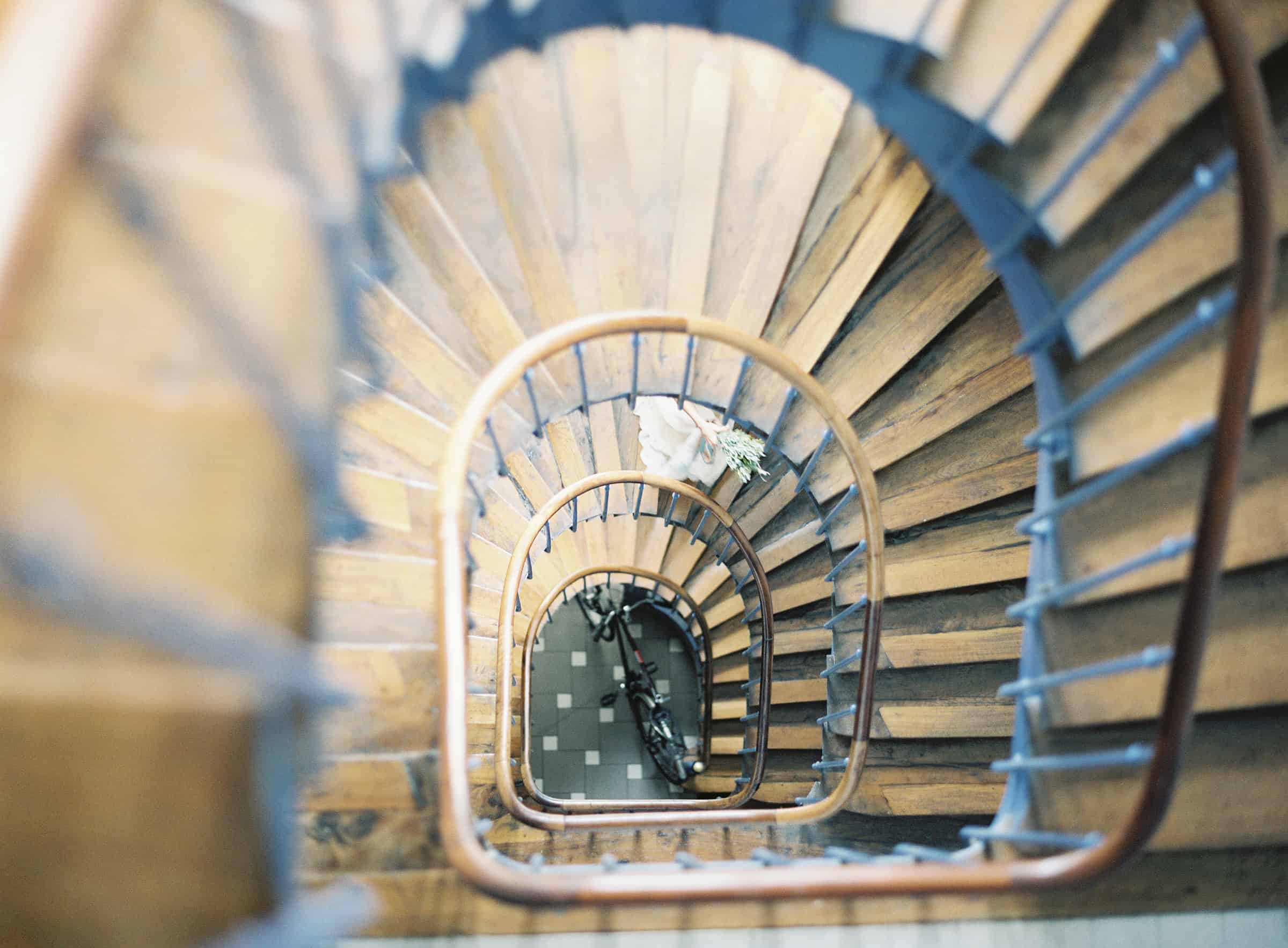





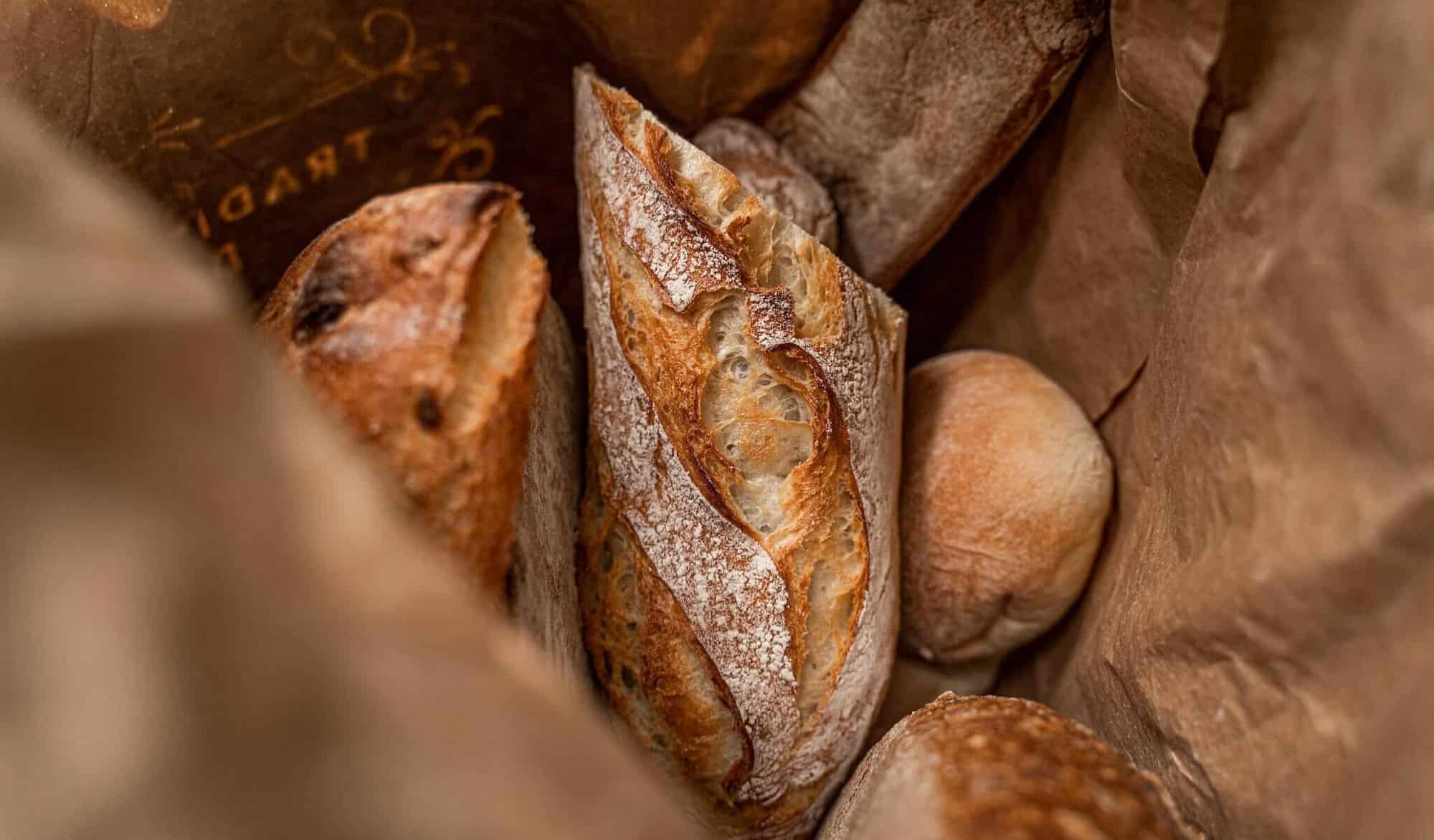




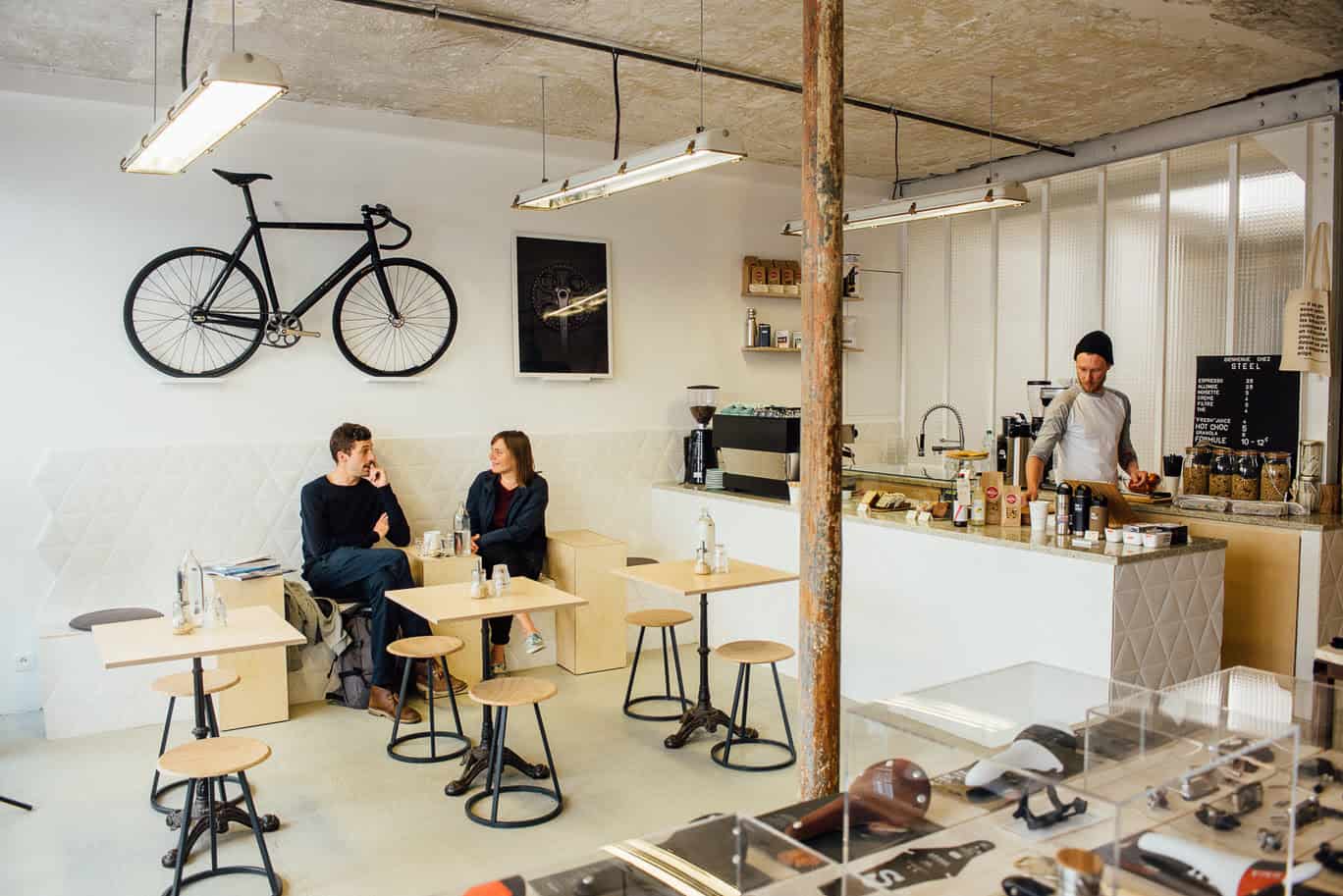

Very late in the day to be replying, but the old cheval chestnut came up in a recent translation I was working on, and I thought I would share some French trivia. It’s all in the language darling…”Steak a cheval”, your famed dish with egg in pride of place; “Steak DE cheval” 100% equine delight, and despite this turning British gastro juices rather sour, the French appear to have quite a taste for our four-legged friends. And the Italians too.
But all is not lost…two French chefs have recently set a gastro hurdle for London restaurant-goers by putting cheval on the menu, seemingly to much acclaim. So you see, when forced, us Brits literally can eat a horse…
Horse meat makes for the best tartare steak (and is the first meat to be used in that recipe)
Please still be very leery of any form of the word “Cheval” on the menu. Most of the horse meat that is avail in Europe comes from the U.S. They are usually ex-race horses and animals that have come out of the hideous U.S. slaughter pipeline. These animals have been given medicines intended for pets and are very caustic for humans to eat. If consumed by children they cause blood cancer and marrow cancer in adults. These medications are strictly banned in the U.S. and cannot be used in food animals. The horses on the menu in Europe have a 70% chance that they came from the U.S.
I went to France a couple of weeks ago and asked the waiter to surprise me. He brought a nice looking steak and I dug in. I got the bill and it said Steak a cheval. For the first time in my life I saw my skin turn green. Thank god I found this site to rid me of my delusion 🙂
But they do eat horse: chevaline, it’s called.
Love this! I am still laughing… I have been avoiding ‘the horse’ for years too!!!
Hi – that was a very funny post. I always wondered abou that myself – and when in France…I avoided it as well.
I too was a horse lover as a child. I didn’t do the garbage can thing – but had I thought about it, I would have. I just used a tree branch (carved a bit of course) to spur on my horse (which was me – and I’d hit myself on my leg to go faster).
Parents never bought me a horse – but I did go riding quite a bit. They bought me riding boots etc – and a book about becoming an equestrian. Wow!! I wanted a horse so badly!!
Wonderful post – thanks!
Linda
If you’re wary of horse meat, beware of “steak DE cheval” or “steak chevalin”:)
Hi all! Thanks for your comments and glad you like the post. Quite right — there’s nothing inherently “normal” about eating a cow rather than a horse. I guess it’s a question of how we’re conditioned. Maybe it’s time I reassessed the whole issue! I definitely eat a lot less meat when I’m in the U.S. In France, I tend to go with the flow. What about you? Tory